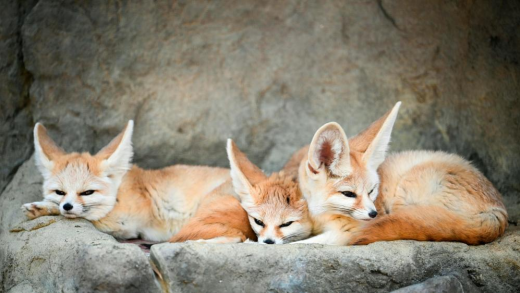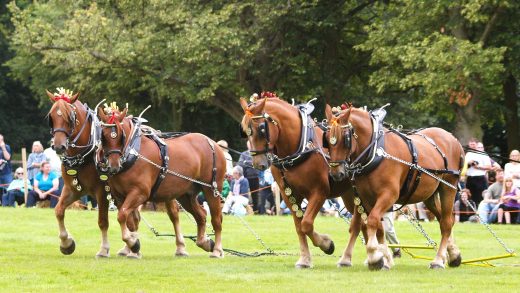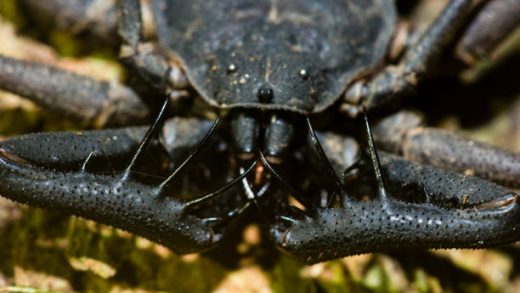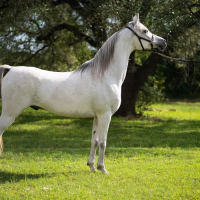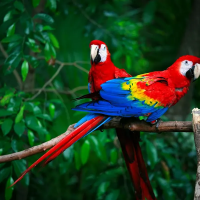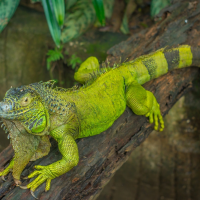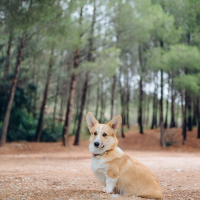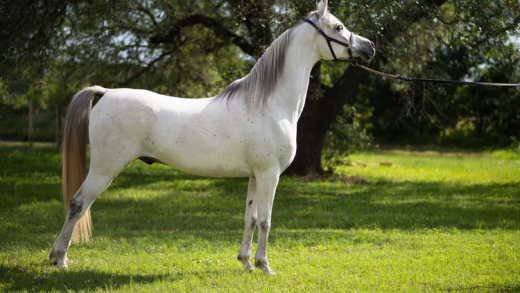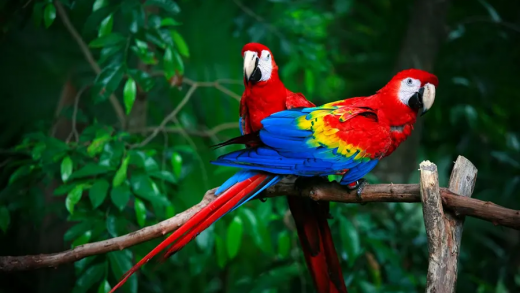
Table of Contents
Introduction: Bird as Pet
Birds have been fascinating people with their elegance, wit, and sweet manners; that is why many people have bird as pet. The parrots start from colorfully beautiful to the beautiful macaws, each having different attributes that can be of value in the home environment. However, the fact that birds need special care to be provided to them must be put into consideration. Here’s a comprehensive guide on how to care for parrots, macaws, and other birds as pets.

Choosing the Right Bird as Pet
Before bringing bird as pet home, consider the following:
- 1. Species Selection: There are so many birds in the world; one just needs to look for a bird that fits their lifestyle. Some of the most popular pets like the parrots and macaws have socialized and intelligent animals that need interaction and mental activity.
- 2. Space Requirements: Some species like the macaws require bigger cages or maybe aviary so that it can be able to exercise well. However, the form of birds like parakeets or the cockatiels there are likely suitable for a cage of smaller size.
- 3. Longevity: Birds are long-living animals often capable of living for tens of years, so, getting a bird, you should be ready for a long-term way of life with this creature. Parrots and some varieties of macaws can often live long lifestyles of the 50s and even 60s if pampered well.
Housing and Environment For Your Bird as Pet
- 1. Cage Setup: Select a cage that is big enough for your bird to stretch in as this helps in the exercise of the bird. Ensure it has different diameters to ensure the feet get a good workout and are healthy. Do not use cages that have bars which are zinc-coated since if the animal chews on the bars, it can get poisoned.
- 2. Temperature and Lighting: It is also important to make sure that the cage is not located in an area which is draughts and direct sunlight. Use artificial light if natural light is not possible, it has multiple health influences including synthesis of vitamin D.
- 3. Enrichment: Birds are smart and should not be left feeling bored all day. This may make them bored hence the need to give them toys, puzzles as well as foraging opportunities.

Diet and Nutrition For Your Bird as Pet
- 1. Balanced Diet: You should feed them a diet of some foods like high quality pellets and seeds, perch, fresh fruits and vegetables. Do not feed your bird avocado, chocolate, caffeine, or high fat/salt foods because the consumption of these items is poisonous to birds.
- 2. Fresh Water: It is recommended to change water daily and make sure that water is clean and available for the pet at any given time.
- 3. Nutritional Supplements: Talk to a vet in order to discover whether your bird requires any supplements of vitamins and or even minerals depending on the breed which commonly suffers from deficiency of other essential nutrients such as calcium.
Health and Veterinary Care
- 1. Regular Check-ups: Take your bird pet to an avian vet at least once a year for a check-up to see if the bird has any health problems.
- 2. Signs of Illness: Observe changes that may suggest an ailment of your pet which may include appetite, behavior or feather coat. Just like other animals, birds do not show symptoms of a disease thus it is important that they be taken to a vet immediately.
- 3. Grooming: As mentioned before, it is important to periodically cut your bird’s nails and possibly its feathers (with Wing clipping) to avoid injuries within the house and ensure it can fly within the house safely.

Socialization and Bonding
- 1. Social Interaction: Since birds are social animals they require daily exercise and being ‘talked’-to or sung to. Engage in communication, play activities, and other forms of interactions to improve the bird’s attachment to you.
- 2. Training: Positive reinforcement training can make your bird learn tricks and specific behaviors which in turn are very good for the bird’s health because they help to mentally stimulate your bird and also helps in communication.
- 3. Respect Boundaries: Pay attention to your bird and its signals that it needs to be left alone or to sleep. Do not make fast movements or loud noises that will irritate the pet or cause stressful reactions.
Conclusion
Adopting a bird as pet is one of the most satisfying things one can ever do. However, it entails love, effort, and understanding of the bird’s needs. Whatever bird you decide to get for your home as a pet, whether it is a parrot, a macaw or any other kind, the most important thing that you should provide for your pet is love and good care. Knowing your bird’s needs for shelter, food, medical attention, and interaction, you can guarantee you’re offering your bird the best companion life possible from beginning to end.
Image Source: Getty Images
People Also Read About: Jerboa: The Fascinating Desert Hopper (2024)

